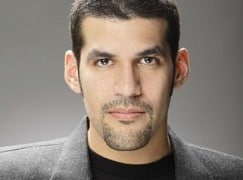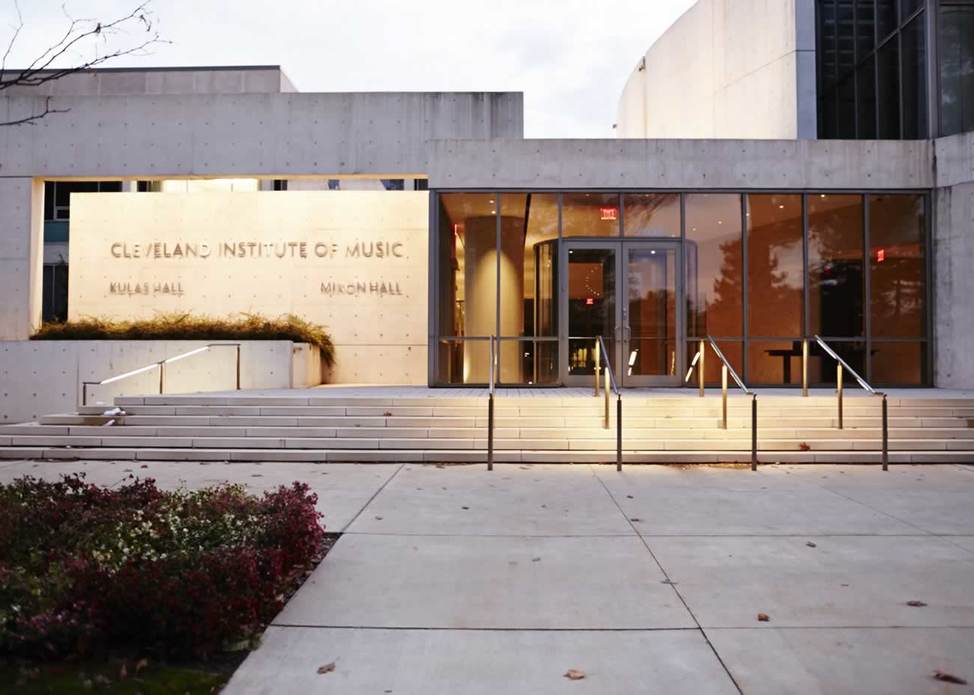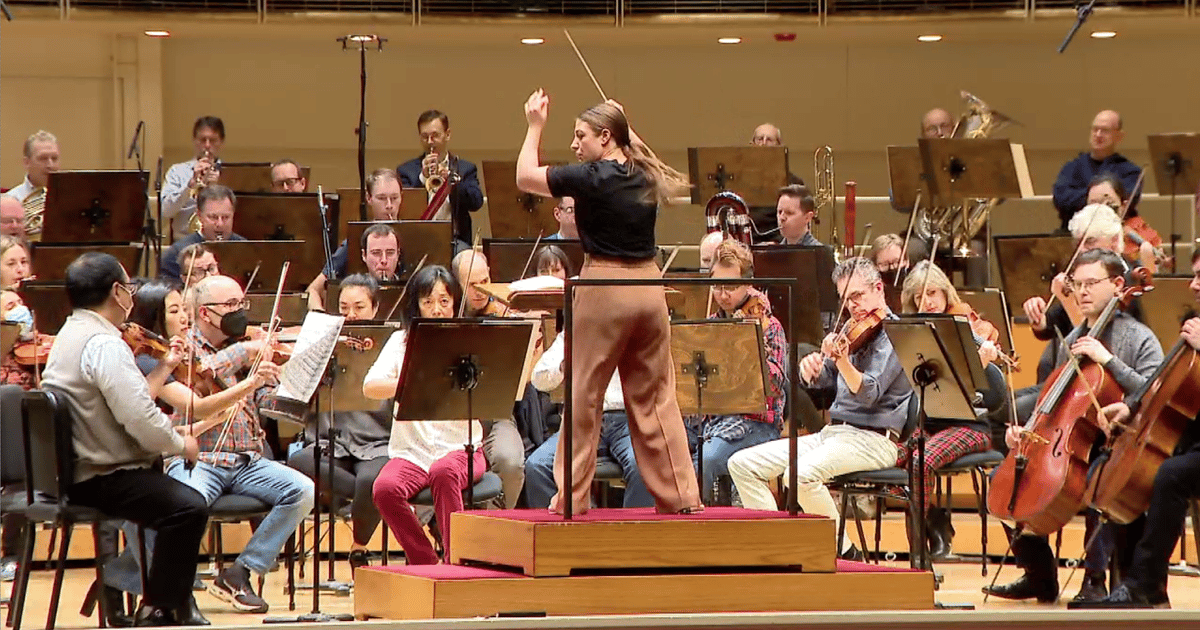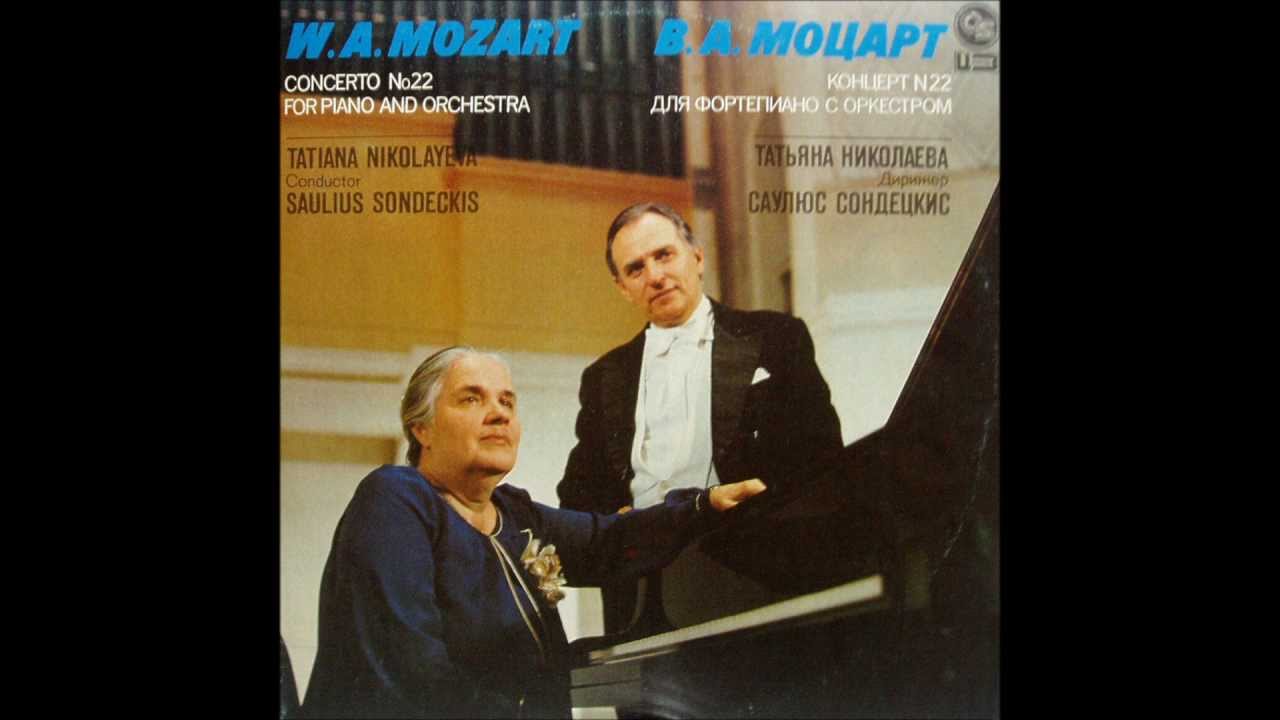Opera composer: ‘We have to get inside the terrorist’s head’
mainJimmy Lopez, composer of Bel Canto which has its world premiere next week in Chicago, has been talking about possible controversy to our friend, Elijah Ho. The plot of Bel Canto centres on a hostage siege in Peru.
Speaking shortly after the Paris terror attacks, Jimmy was asked by Elijah whether the Bel Canto siege fell into the same trap of moral ambivalence as John Adams’s Death of Klinghoffer.
He said: ‘In the US, I don’t think it will elicit the kind of reaction Klinghoffer did. If it were to be staged in Lima, it would be a different story….I think neither Nilo nor I try to take sides…You cannot cast moral judgment on your characters while writing…What we have to do is get into the head of the terrorist and find out what he thinks, what’s driving him…It is dark, definitely, but it’s also a great opportunity, musically…’
‘Even though it’s about an event that happened in 1996, somehow history keeps repeating itself…Bel Canto is not there to open wounds. It will remind us of what keeps happening, but it will help us to heal, that there is a humanity that unites all of us, even the most monstrous of people, that there still has to be some humanity left.’
Read the full interview here.






I must be dreaming. A Peruvian composer featured in SD.
Now tell me, how many latin americans are in the ranks of the arts administration are latin.
Yeeeeah, i thought so. 0
Without even thinking: Arnold Alons.
Plácido Domingo?
Roberto Diaz?
Daniel Barenboim?
This opera is based on a fabulous novel by Ann Patchett, itself based on the real events that will be portrayed. I wish there were a way to hear it — but Lopez sounds like a very interesting young composer and with any luck we will have many chances to see it elsewhere. Good luck to all involved in this exciting venture.
Lopez is a tonal composer, drawing on early 20C music, thereby skipping modernism and connecting with earlier traditions. There’s still much life in the past.
His calling a CD recording an ‘album’ and his first name ‘Jimmy’ instead of James, demonstrates younger generations’ dislike of formality, which is otherwise fully embodied in Jimmy’s music.
http://www.jimmylopez.com
I hope he can develop his taste a bit in the future.
We are so lucky to have you to tell us what to like, what to listen to, what to wear…
I certainly hope that this composer reads this blog and uses your words of wisdom.
We should consider ourselves lucky that the self-anointed pope of music consent to try to elevate us.
You give much too much credit to a bit of information combined with an opinion. Too impressed?
I think it is a very exciting project and wish I were in the US to see it. Hopefully people will realize its not really an opera about terrorism though certainly its topical. There have been some interesting interviews posted with Renee Fleming, Danielle de Niese etc on this opera.
Yes Marg, I’m also so excited that I just had to excuse myself.
Interestingly, as demonstrated in interviews, mr Lopez tries to combine European musical sophistication (as developed before modernism, as can be heard in his own music) with local cultures from Peru. Instead of being stimulated by ideas of ‘progress’, which do not relate to musical value anyway, his work is driven by ambitions in terms of expression and cultural identity, and this is reflecting the real ‘avantgarde’ of today. It is telling that composers from non-European territory feel more free to explore such paths than so many European composers, still stuck in the postwar hangover.
but the best composers of the European avant grade looked backwards as well as forwards….certainly not motivated by progress for progress sake which is what you seem to infer. Take Ligeti as an example….he was influenced by Palestrina and it’s pretty obvious in the music. Xenakis was influenced by Brahms…
Ligeti was a constructionist, which is a form of modernism, and his aim never was something like communication or expression, which have always been core values of music. He said about his own work: ‘It is not for the audience, it is not for the players, it is not for me, but it is a thing in itself’. So, an acoustical object without any cultural context. This kind of objectivism is a core value of postwar modernism and was thought of at the time as progress.
Xenakis was a mere sonic artist, interested in the acoustical effects of sound. Please dont confuse his work with music and any suggestion of some relationship with – eh… Brahms, of all people, is ludricrous. If you read his ‘Formalized music’, it will be clear that what he had in mind, was not music. And you can hear that in his works which sound like catastrophe.